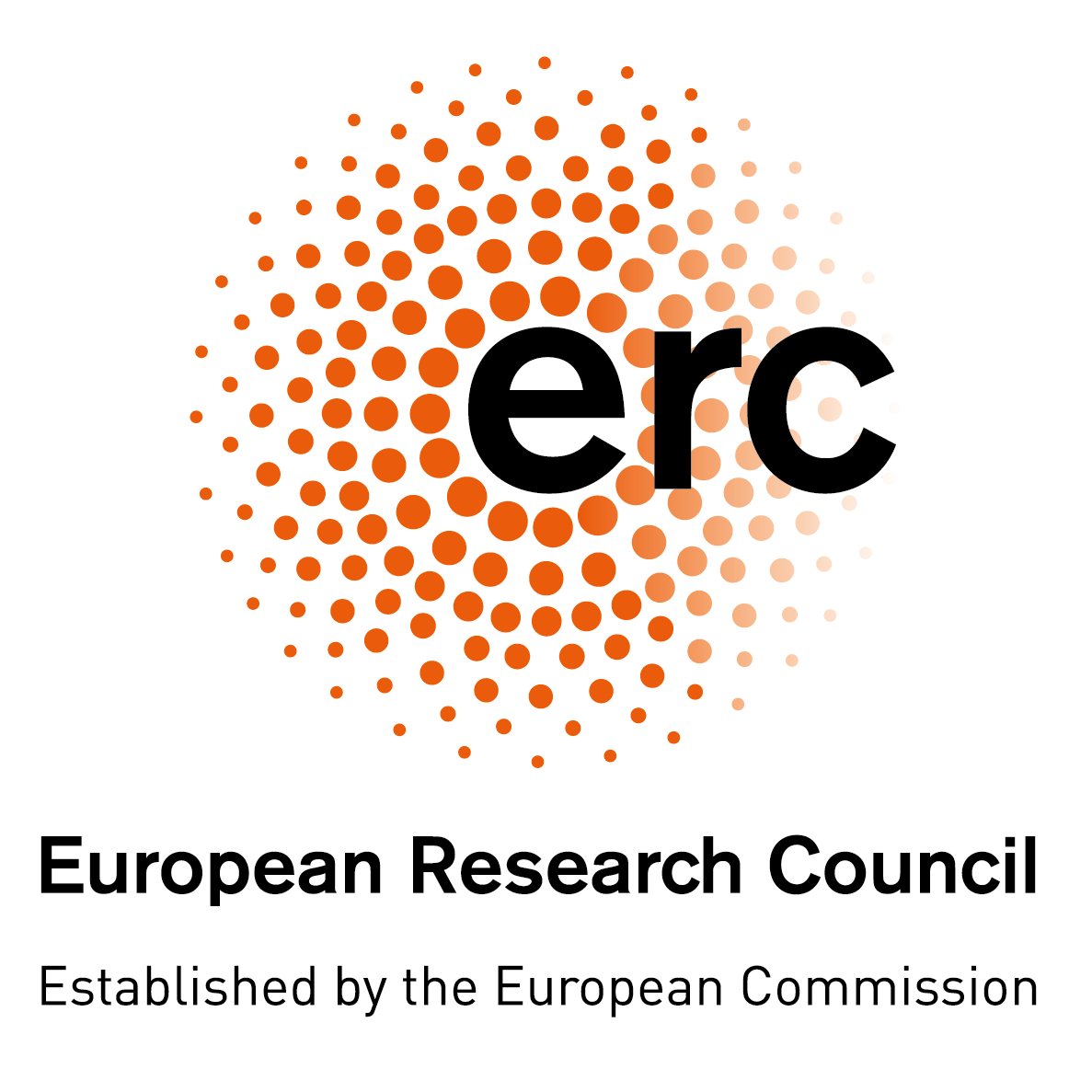(Image source: ERC)
The ERC-funded research project Agency in Law (LEGACY) invites applications for the position of a postdoctoral researcher in legal and/or intellectual history for a three-year fixed term period, starting in September 2024 by the latest.
LEGACY investigates the distinction between agents and non-agents in law. Only agents can decide about their affairs, enter contracts or be held responsible for their actions. Western law has since the 19th century relied on an understanding of agency that has developed in the liberal tradition of thought. According to this “Liberal Agency”, agents are highly rational, atomistic human individuals. Persons with cognitive disabilities, artificial intelligence systems, and nonhuman animals are therefore not agents because of their lack of rationality or humanity. Liberal Agency has recently come under increasing criticism and challenges. Many now argue that persons with severe cognitive disabilities, animals, and artificial intelligences should in fact be treated as agents. These individual challenges exemplify the increasing strain that Liberal Agency is under. LEGACY is premised on the notion that, in order to be viable in the 21st century, the legal understanding of agency is in need of a thorough reappraisal.
LEGACY investigates three main questions: First, how did Liberal Agency become the dominant understanding of agency in law? Second, what challenges confront Liberal Agency today? And finally, what kind of a theory can best explain the evolving notion of agency in law?
The objectives of the project are to deliver:
(1) a systematic understanding of the historical background and context of Liberal Agency, its spread in Western legal thought, and its challengers;
(2) an in-depth analysis of contemporary agency accounts that incorporates and conceptualizes the historical insights with a systematic understanding of the contemporary debates; and
(3) a theory of agency that provides an overall synthesis of the accounts and can explain, reconcile and/or solve the contemporary challenges besetting Liberal Agency.
The project consists of five subprojects:
Subproject 1: Historical background of Liberal Agency and its challengers
Subproject 2: Animal agency
Subproject 3: Individual human agency
Subproject 4: Artificial and group agency (including AI agency)
Subproject 5: General theory of legal agency
The postdoctoral researcher will focus in particular on objective (1) and Subproject 1, entitled “Historical background of Liberal Agency and its challengers”. They will investigate the history of the theoretical understanding of agency in law, focusing on European 18th- and 19th-century legal and philosophical thought. They are expected to focus both on understanding why Liberal Agency became the dominant paradigm and on the alternative accounts that were offered. A working hypothesis of the project is that German legal and philosophical thought was particularly central for the development and spread of Liberal Agency in law.
Requirements for the position and assessment of qualifications
According to the Regulations of the University of Helsinki, an appointee to the position of postdoctoral researcher shall hold a relevant doctoral degree and have the ability to conduct independent scholarly work as well as the teaching skills necessary for the position. PhD diploma is to be acquired by the first day of employment. A PhD in Law is not a strict requirement, but an understanding of law (demonstrated e.g. through degrees or courses in law) is important. Further to this, knowledge of fields relevant for the applicant’s subproject is an asset. The appointee is expected to have the ability to conduct independent academic research and possess the teaching skills required for the position. The working language of the project is English. The period following the completion of doctoral degree must not exceed five years, excluding family leave and equivalent periods of absence. An appointee must be able to provide a clear contribution to the theme of the research project and to its general development, together with full-time researchers, visiting scholars, Ph.D. students, and students working as research assistants.
To fulfil the research requirements of the position, the appointee is expected to live in Helsinki, be physically present on a regular basis and participate actively in the research and teaching activities of the research project. The appointee is expected to develop their own and the project’s common research agenda, and contribute to collective academic tasks such as teaching, seminars and joint academic papers. Postdoctoral researchers have a teaching load of 5%, corresponding roughly with a course of 20 hours contact teaching.
More information here.


No comments:
Post a Comment
Note: Only a member of this blog may post a comment.